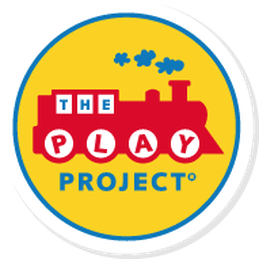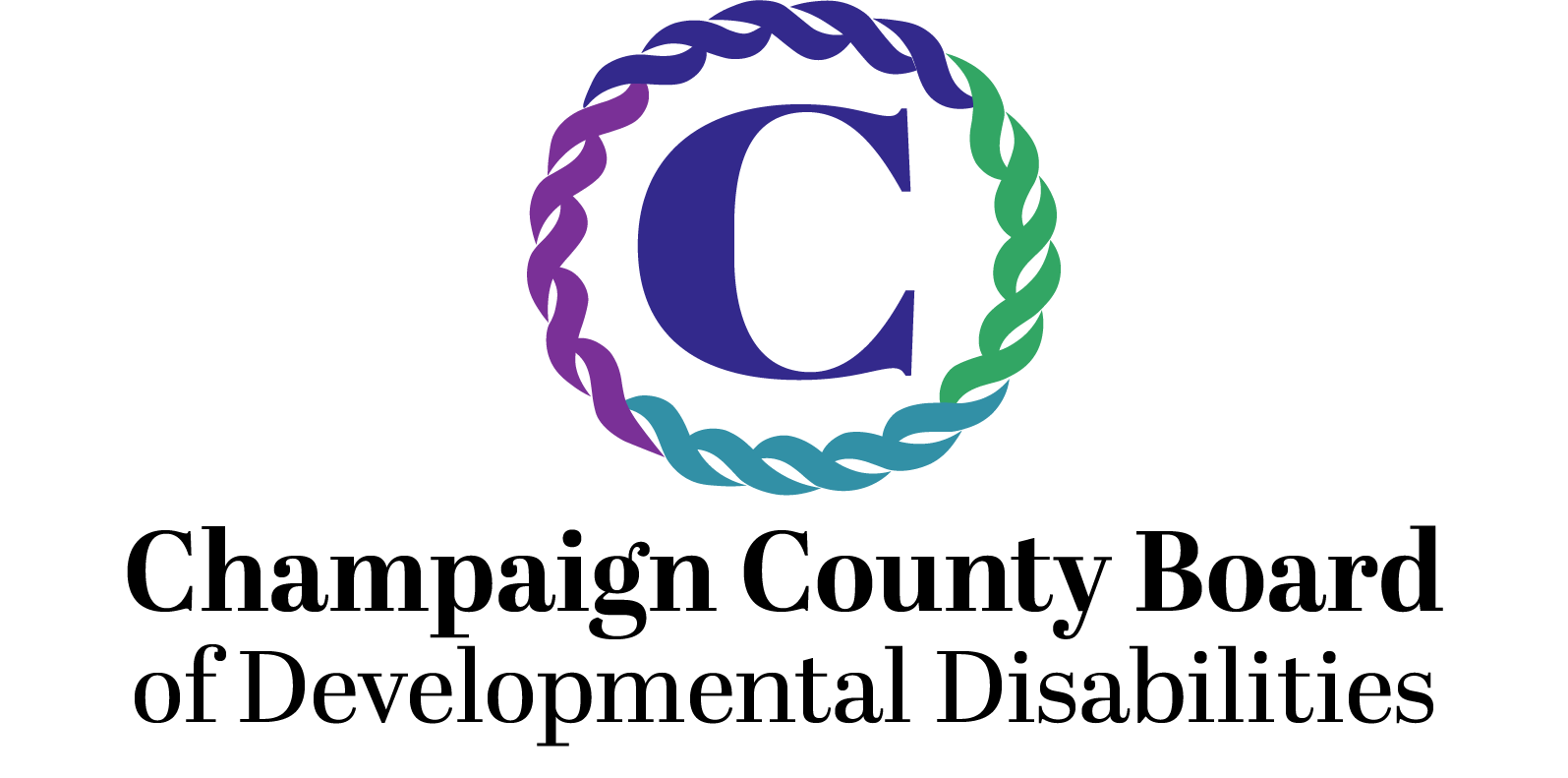What is Autism?
Autism is a developmental disorder that affects a child’s ability to communicate, interact, and play with others.
Possible Signs of Autism in Infants and Toddlers
|
By 7 months:
By 12 months:
|
By 24 months:
By 36 months or older:
If you feel that your child may be showing signs of autism spectrum disorder or you would like more information on the Autism Diagnosis Education Program, contact us at (937) 653-5217. |
Autism Diagnosis Education Program (ADEP)
ADEP is a statewide project administered by the Ohio Center for Autism and Low Incidence (OCALI) in collaboration with Akron Children’s Hospital/Family Child Learning Center.
Locally, ADEP is provided by Champaign County Board of Developmental Disabilities and Dr. John Crankshaw, Memorial Primary Care Urbana. The purpose of ADEP’s community-based diagnostic partnership is to increase early and timely access to a standardized, comprehensive diagnostic evaluation for children with concerns in language and social development, including concerns for autism.
The average age of diagnosis is 3-5 years of age. However, parents of children with autism are able to identify developmental concerns (in the areas of social and language development) in the first year of their child’s life. Dr. Crankshaw and the CCBDD Early Intervention Program hope to decrease the length of time families have to wait from their initial concern for autism to evaluation and diagnosis. Decreasing this time will allow families quicker access to Early Intervention that can help the child and family.
To receive P.L.A.Y. Project services, a child must first be evaluated through the Early Intervention referral process.
The average age of diagnosis is 3-5 years of age. However, parents of children with autism are able to identify developmental concerns (in the areas of social and language development) in the first year of their child’s life. Dr. Crankshaw and the CCBDD Early Intervention Program hope to decrease the length of time families have to wait from their initial concern for autism to evaluation and diagnosis. Decreasing this time will allow families quicker access to Early Intervention that can help the child and family.
To receive P.L.A.Y. Project services, a child must first be evaluated through the Early Intervention referral process.
P.L.A.Y. Project
|
P.L.A.Y. (Play and Language for Autistic Youngsters) Project is an autism treatment program created by Richard Solomon, MD, and based on the DIR® (Developmental, Individual Differences, Relationship-Based) theory of Stanley Greenspan, MD, and Serena Wieder, PhD. The program is for young children ages 0-6 years who have either a concern for autism spectrum disorder or who have been diagnosed with autism
|
The home consultation model provides monthly half-day visits (3 hours) or bi-weekly 1.5 hour visits to train and support the caregiver in practical skills and structure. The caregiver is then able to deliver a developmentally appropriate and intensive intervention with their child(ren) who have a concern or diagnosis of autism spectrum disorder. The Champaign County Board of Developmental Disabilities provides this service free of charge to families of young children affected by autism.
By collaborating with the P.L.A.Y. Project, we can help children on the autism spectrum as they develop skills and support them in social-emotional growth. Also with this approach, parents are empowered as their children receive high-intensity level intervention through a play-based method. Parents learn techniques and activities they can use to support their child’s social-emotional growth during everyday activities.
The P.L.A.Y. Project is an autism intervention model that has undergone one of the largest and most rigorous research studies of its kind. Studies confirmed significant positive outcomes for children with autism and their parents.
To receive P.L.A.Y. Project services, a child must first be evaluated through the Early Intervention referral process.
By collaborating with the P.L.A.Y. Project, we can help children on the autism spectrum as they develop skills and support them in social-emotional growth. Also with this approach, parents are empowered as their children receive high-intensity level intervention through a play-based method. Parents learn techniques and activities they can use to support their child’s social-emotional growth during everyday activities.
The P.L.A.Y. Project is an autism intervention model that has undergone one of the largest and most rigorous research studies of its kind. Studies confirmed significant positive outcomes for children with autism and their parents.
To receive P.L.A.Y. Project services, a child must first be evaluated through the Early Intervention referral process.
What to expect with P.L.A.Y. Project
If your child has an autism diagnosis, he/she may be part of autism intervention which includes P.L.A.Y. Project. It is an evidence-based, high-quality program that helps young children improve their language, behavior, and social skills. Your child will be assessed for developmental and behavioral changes at each visit. The assessment is used to develop the child’s individualized P.L.A.Y. Plan, which is a set of techniques and activities designed to help your child reach specific goals.
The P.L.A.Y. Plan will work to:
We will help educate, guide, and support you as you learn to nurture your child’s social and emotional development; but we consider you, as parents and caregivers, to be the expert on your child. Together, we will become partners in your child’s progress. You will receive individualized coaching that empowers you to have a closer, more satisfying relationship with your child.
The P.L.A.Y. Plan will work to:
- Increase caregiver/parent and child interaction
- Increase social interaction of child with autism
- Improve social-emotional development of child with autism
- Improve autism-related diagnostic category/symptoms including behavioral compliance
We will help educate, guide, and support you as you learn to nurture your child’s social and emotional development; but we consider you, as parents and caregivers, to be the expert on your child. Together, we will become partners in your child’s progress. You will receive individualized coaching that empowers you to have a closer, more satisfying relationship with your child.





